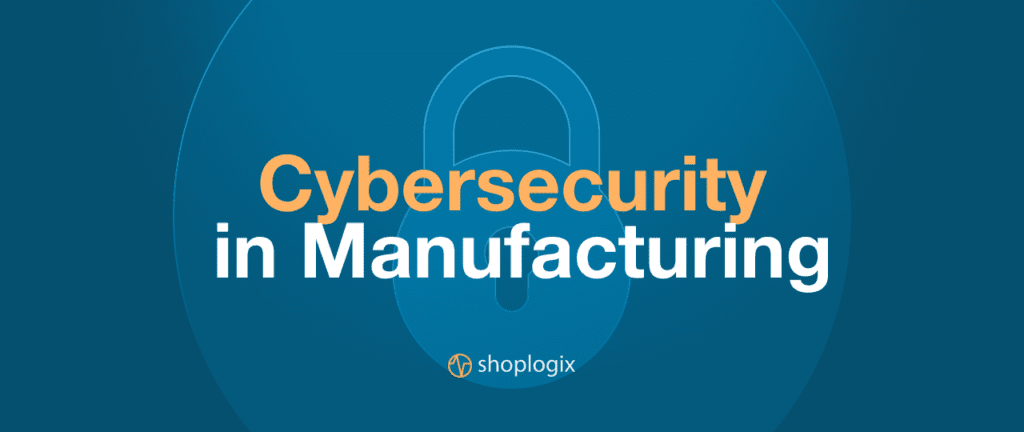Suites

Smart Factory Suite
Consists of Digital Whiteboard & Core Analytics



Analytics Suite
Consists of Advanced Analytics and Manufacturing Intelligence


MES Suite
Consists of production and employee management
Modules



Rapid Deployment Services
Consists of installation, configuration and training



Advisory Services
Consists of advisory services to fit unique needs






